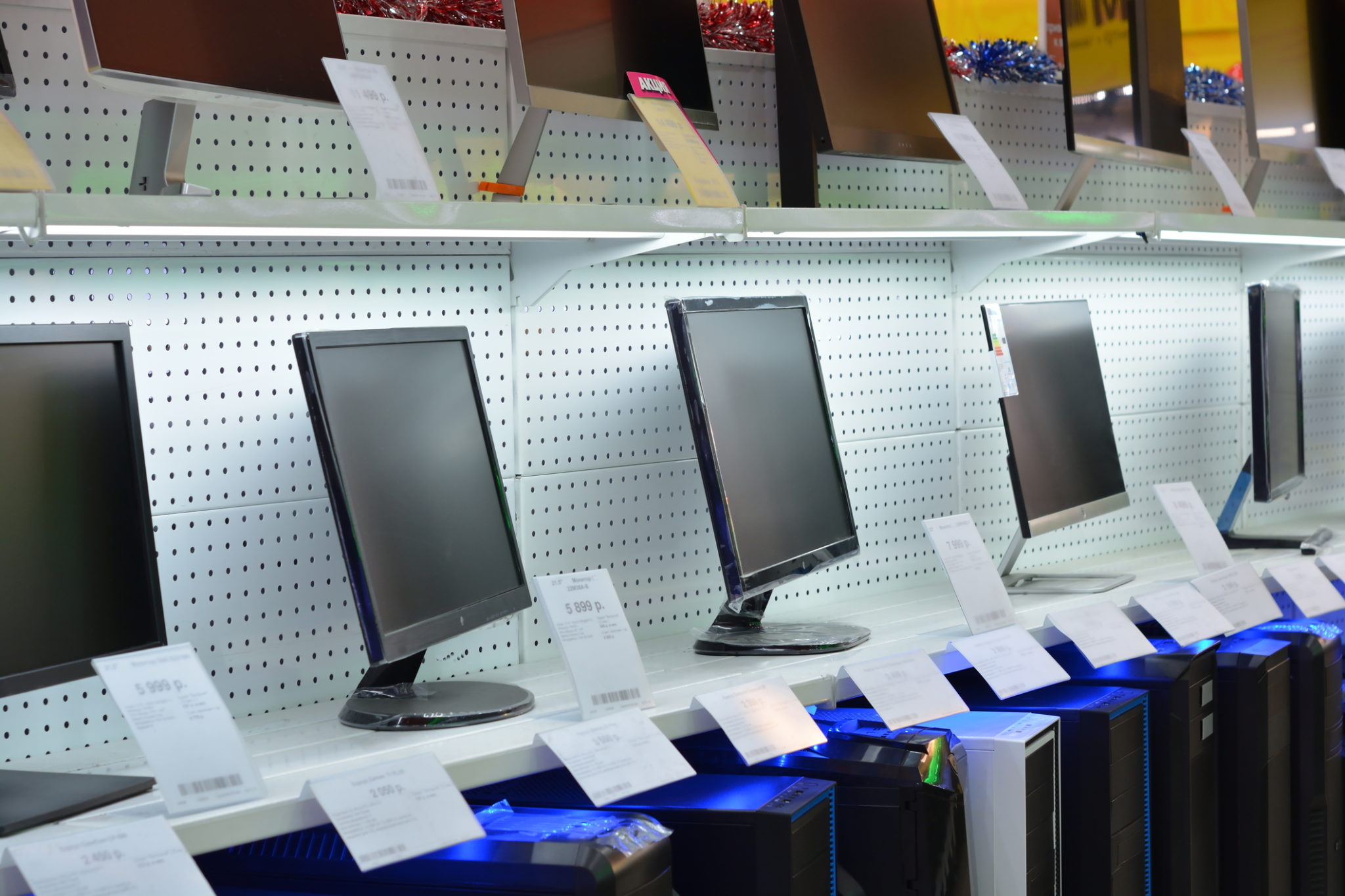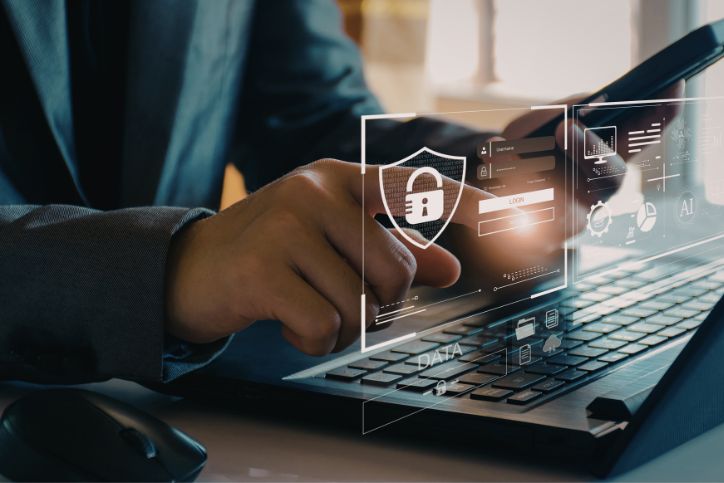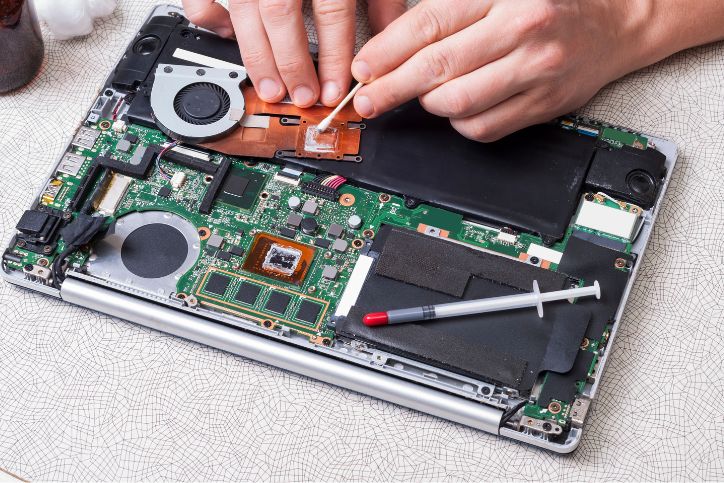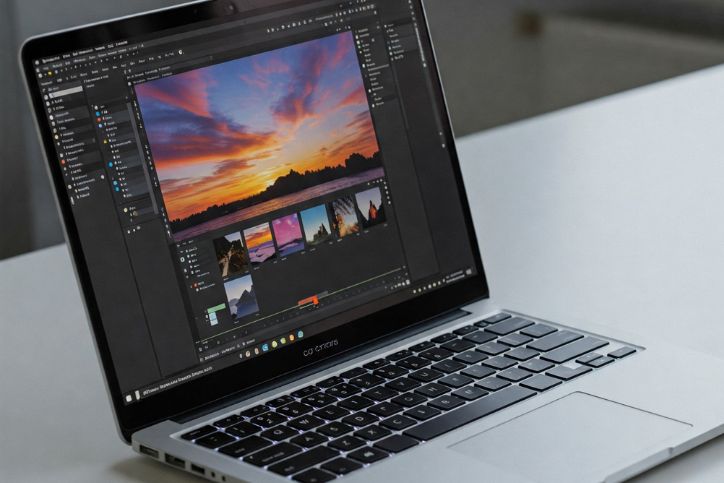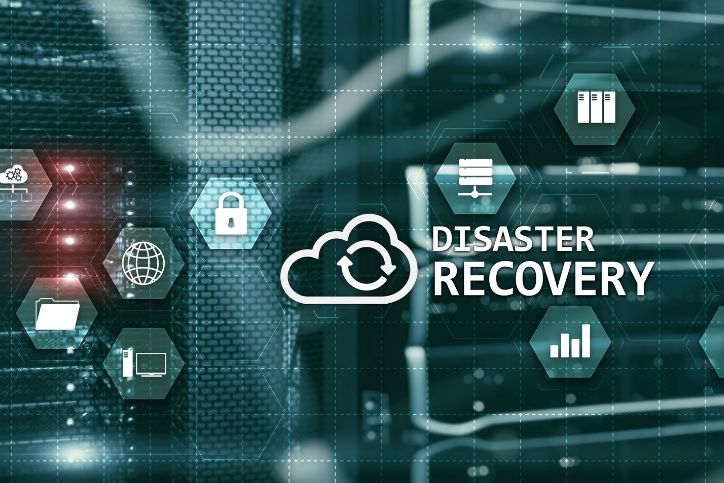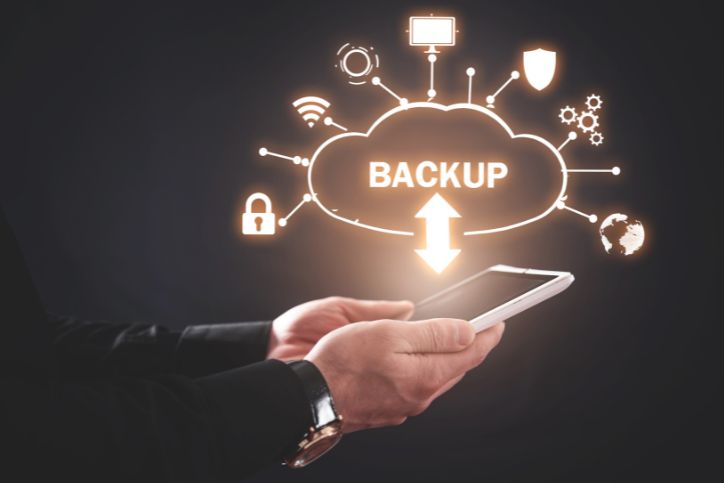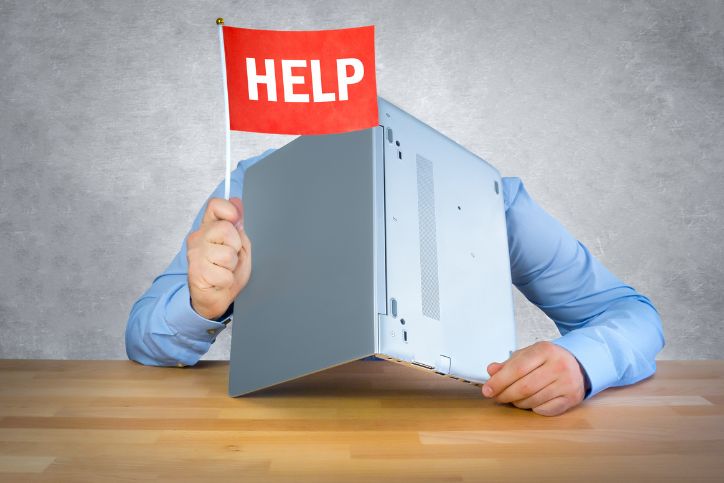Navigating the World of Software
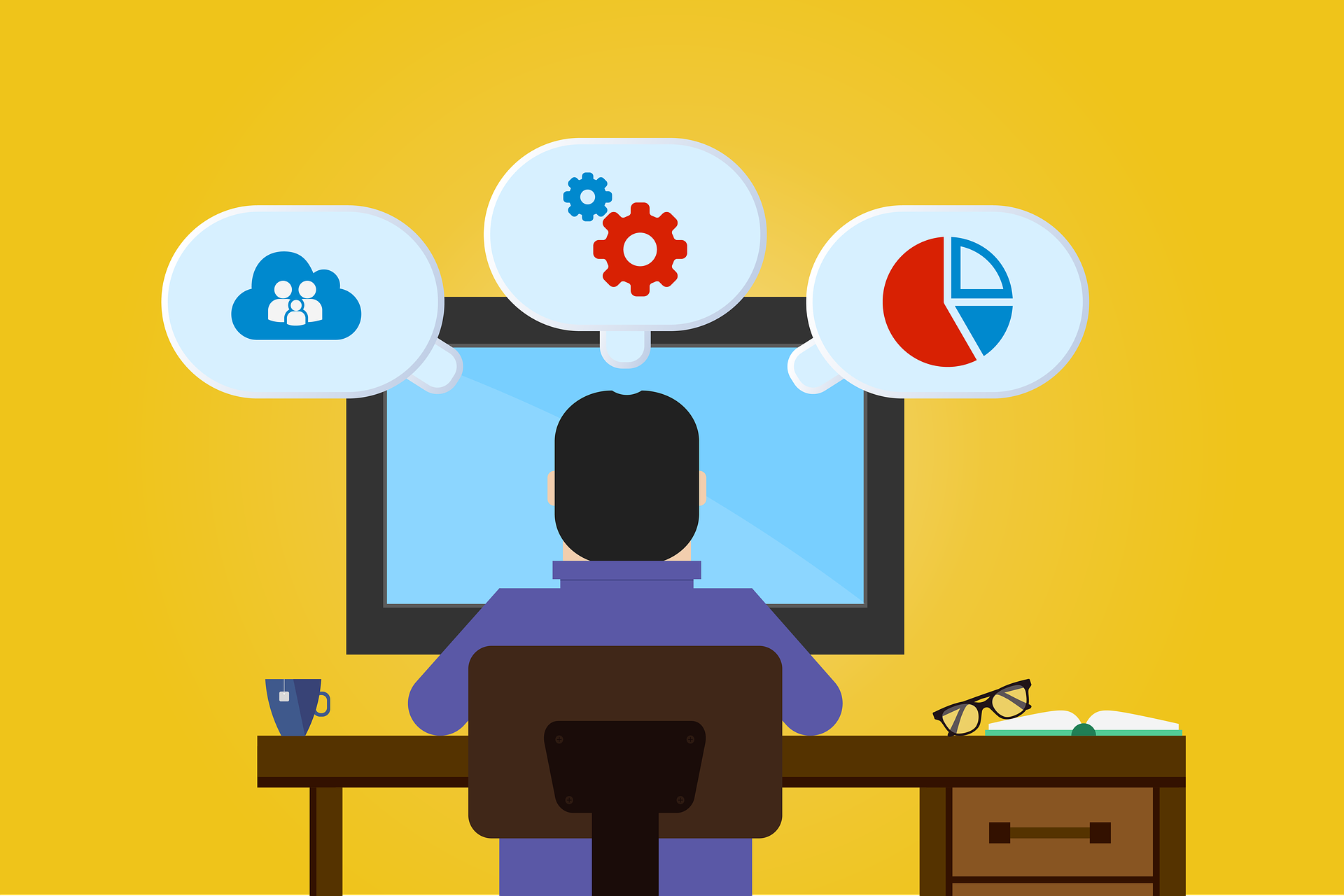
You’ve heard of the big ones: Microsoft Office. Adobe Photoshop. Acrobat Reader. Google Chrome. Mozilla Firefox. Steam. Flash Player. Maybe you’ve even heard of some of the smaller players, like Mozilla Thunderbird, or LibreOffice, or GIMP. But a few quick internet searches will quickly reveal that there is a vast world of computer software beyond what the average user ever encounters. How can you be sure that the software you’re looking for is safe? We’re here to help.
Table of Contents
ToggleWhat is software?
Let’s define some terms really quick. Your computer’s operating system, which is a large piece of computer code (Windows or Mac OS, usually) creates an environment where smaller pieces of code can do different tasks, whether those tasks are browsing the internet, reading email, or writing letters. The smaller pieces of code are software. Freeware is a sub-type of software that the programmers have made available to the general public at no cost. Malware, adware, and potentially unwanted programs (PUPs) are all sub-types of software that are designed to either compromise your security or collect data about your habits and sell that data to advertisers.
Looking for trouble
Let’s say you’ve just gotten a new computer, and discovered that Microsoft Office isn’t included anymore as a one-time purchase with the computer: you’re going to have to pay monthly, or not have Office. So you decide to search for alternatives to Microsoft Office, and discover that LibreOffice might be a good option. You click on a link to download it… and suddenly you’re looking at this:
What’s the right button to click? How can you tell? It’s fairly important, because if you choose incorrectly, you’ve likely just downloaded a piece of malware, adware, or a potentially unwanted program to your computer.
The answer to this dilemma is very simple: install an adblocker. As a company, we recommend uBlock Origin – available for free on Chrome, Firefox, Edge, and Safari. It blocks ads of all types and descriptions, including ads on YouTube, most ads on Facebook, and all those ads that generate fake download buttons. 
Telling the good from the bad
But what about software in general? How do you tell what programs are legitimately good, and which ones can harm your computer? Well, a few good rules to keep in mind are as follows:
 DO:
DO:
Download from the developer’s site. Don’t trust 3rd-party sites that redistribute software, they often bundle their own extraneous programs. Look for user reviews on forums and the developer’s website.
Check Wikipedia. They often have a segment called “Critical Reception” when talking about software, where they summarize what a number of review sites have had to say about the program.
Be cautious. If in doubt about a program, don’t download it. Contact us instead, and we’ll help you make sense of it.
 DON’T:
DON’T:
Click on the first result when searching for a program. It’s usually an ad.
Believe the developer’s claims without proof (namely, reviews). A lot of programs out there would have you believe they’re the best thing since sliced bread, when in reality, all they’ll do is steal your data and slow down your machine.
Download anything as part of a ‘giveaway’, ‘raffle’, or the like. Those programs they require you to download are always junk, and some may be actively malicious.
Other Facts to Keep in Mind
Freeware, or software licensed under the Creative Commons or the GNU General Public license and distributed for free by the programmer (not from third party sites) is generally pretty safe. If you’re unsure about the safety of a given program, a good indication is whether or not there are forums dedicated to its use. Any program with a large userbase is likely safe.
Some forms of ‘freeware’ however, are marketed as free when they only exist to get you to subscribe or purchase the product. And a number of freeware programs can come with other programs bundled in the installer, requiring close attention to each screen of the install process to ensure you don’t accidentally install a piece of adware. Another important point to consider is that most free antivirus programs are worth exactly what you pay for them. To make your life easier, don’t download any antivirus, tuning, registry cleaning, driver updating, or defragmenting program from the internet. 90% of them are junk, and of the ones that actually do what they claim to, most are so poorly designed that they cause more issues than they fix.
We’re Here to Help
All the software our technicians at Geeks 2 You use is tested and vetted by our team before deployment in the field, so we have a good deal of experience in telling the good and useful software from the bad. If you’re ever in doubt, or need some recommendations, don’t hesitate to get in touch. We’re more than happy to help you navigate the murky waters of the software world.
Instant Quote
Get A FREE Quote IMMEDIATELY
Other Blogs You May Be Interested In
Categories
Satisfaction Guaranteed
Computer Repair You Can Trust




